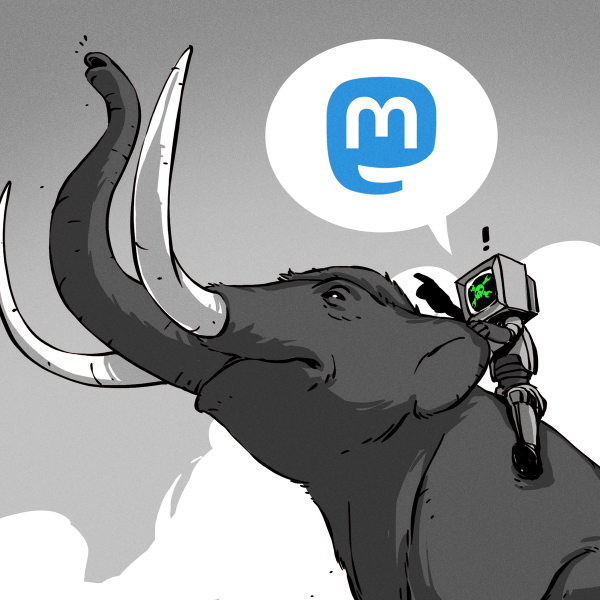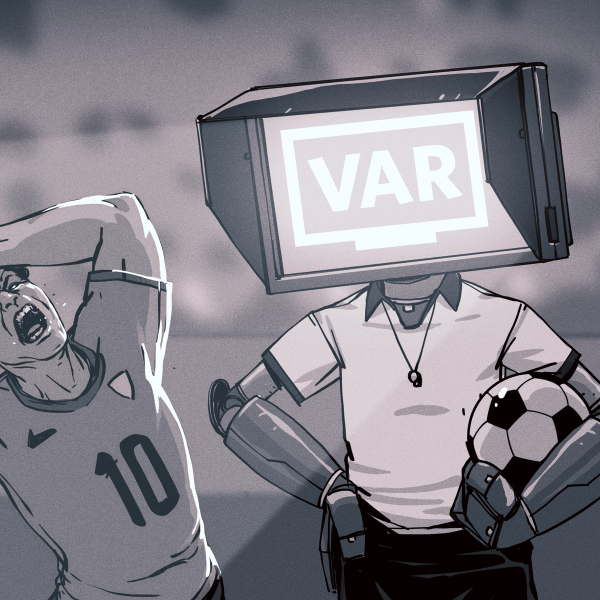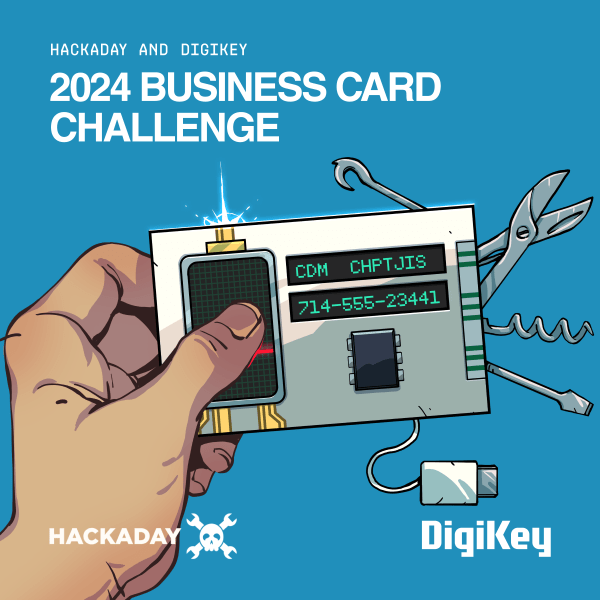
A wry editorial on Time Magazine’s site about tapping into your neighbors’ Wi-Fi tells of how the author [Lev Grossman] stole internet access from his neighbors’ open networks for years. He finally decided to pay for his own connection, which he fittingly leaves on an open network. He makes the point that leaving it open is a violation of his TOS agreement, but he doesn’t seem particularly bothered by the notion of people tapping into his network.
[Bruce Schneier] takes an even stronger stance on the issue, suggesting that it is not only safe to leave your network open, but a matter of politeness toward your guests, similar to providing them with basic amenities. He also mentions that if your computers are not adequately secured, network security won’t make much of a difference. We tend to agree with [Schneier] on this: we also leave our network completely open.
That’s not to say [Grossman] doesn’t have a point about the unreliability of pilfered internet access, noting “I always seemed to lose connectivity just when I was about to send a crucial e-mail.” Sure, we leave our network open, but we have to pay for our internet access. We really can’t afford not to. One thing [Grossman] didn’t mention (neither did [Schneier], but he wrote his article before this happened), is that a Maryland bill that would criminalize leeching Wi-Fi has been shot down. The first legislation of its kind, the defeat of the bill mean citizens of Maryland are free to leech from open networks without fear of prosecution, but it sets a precedent that may influence future rulings.












